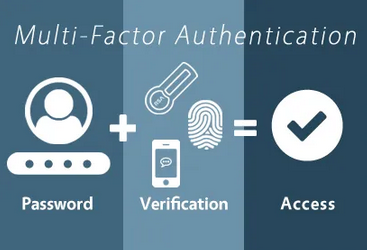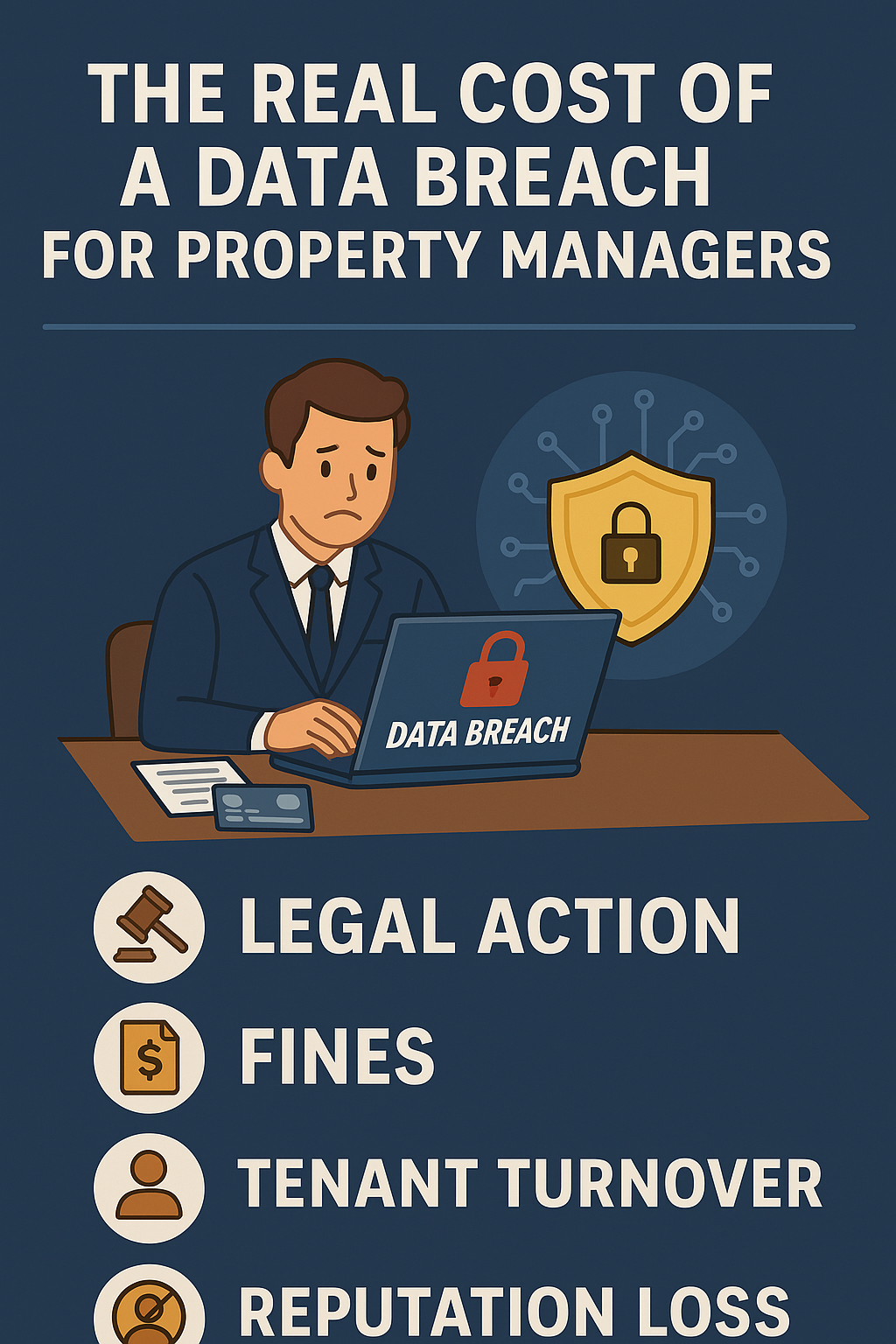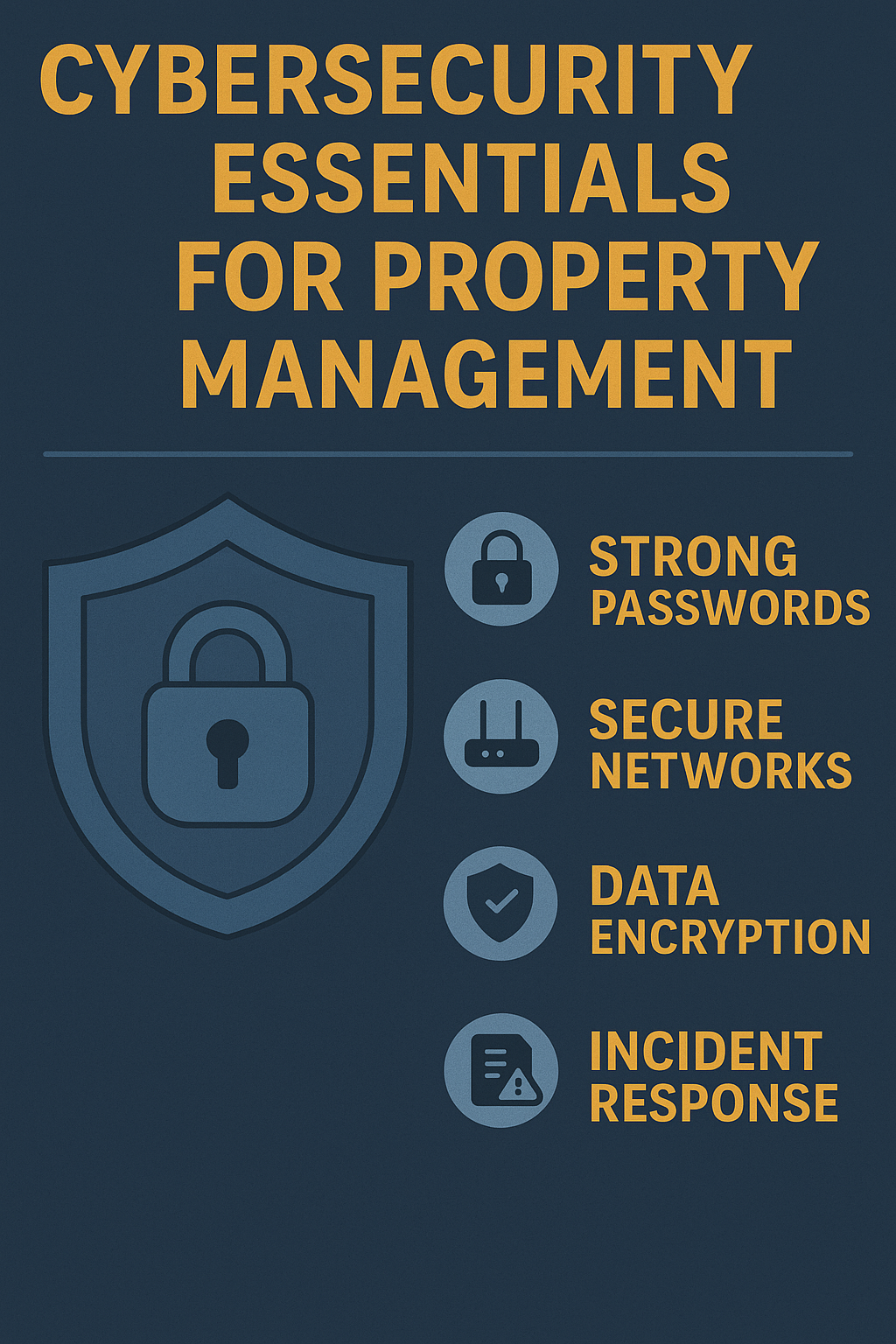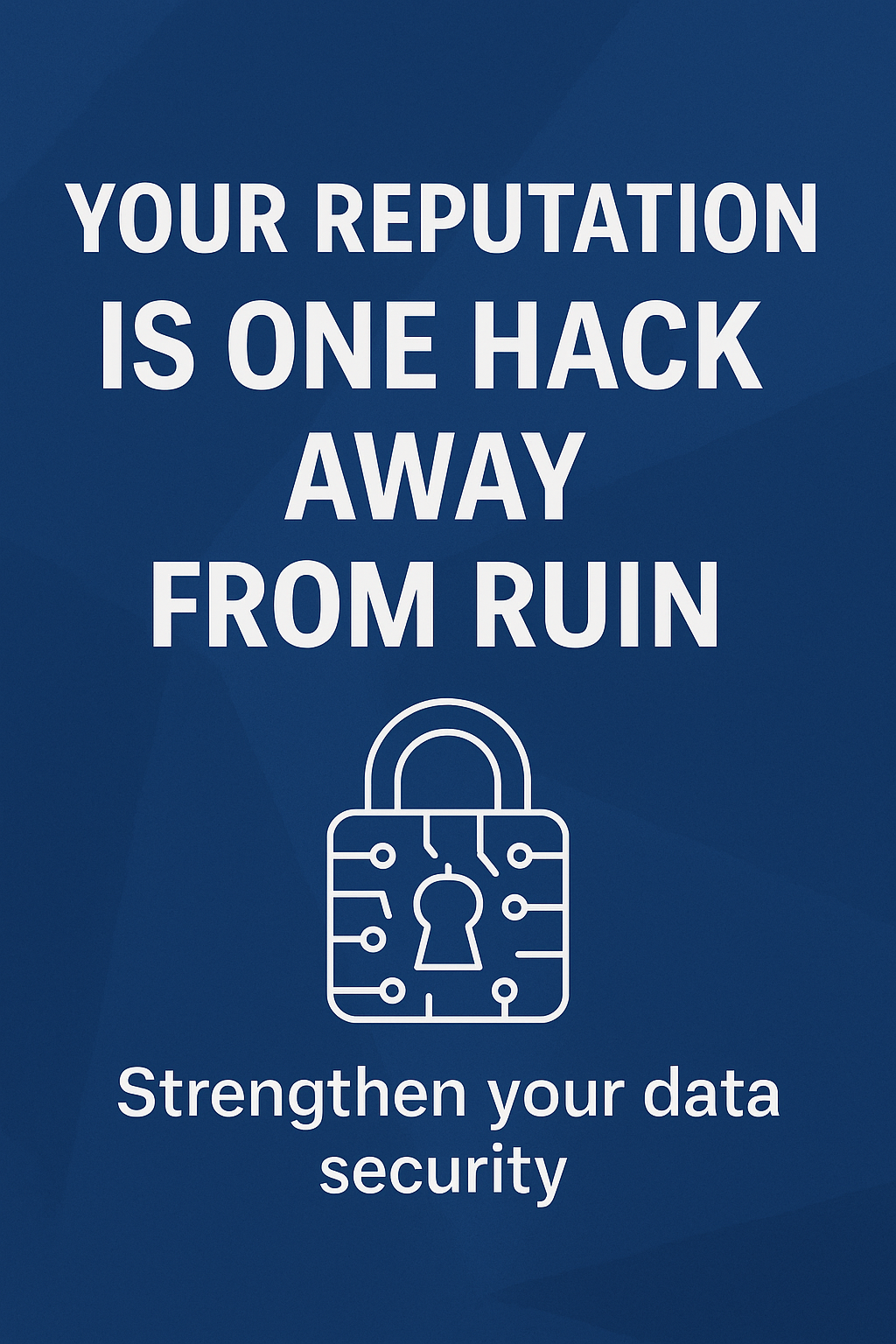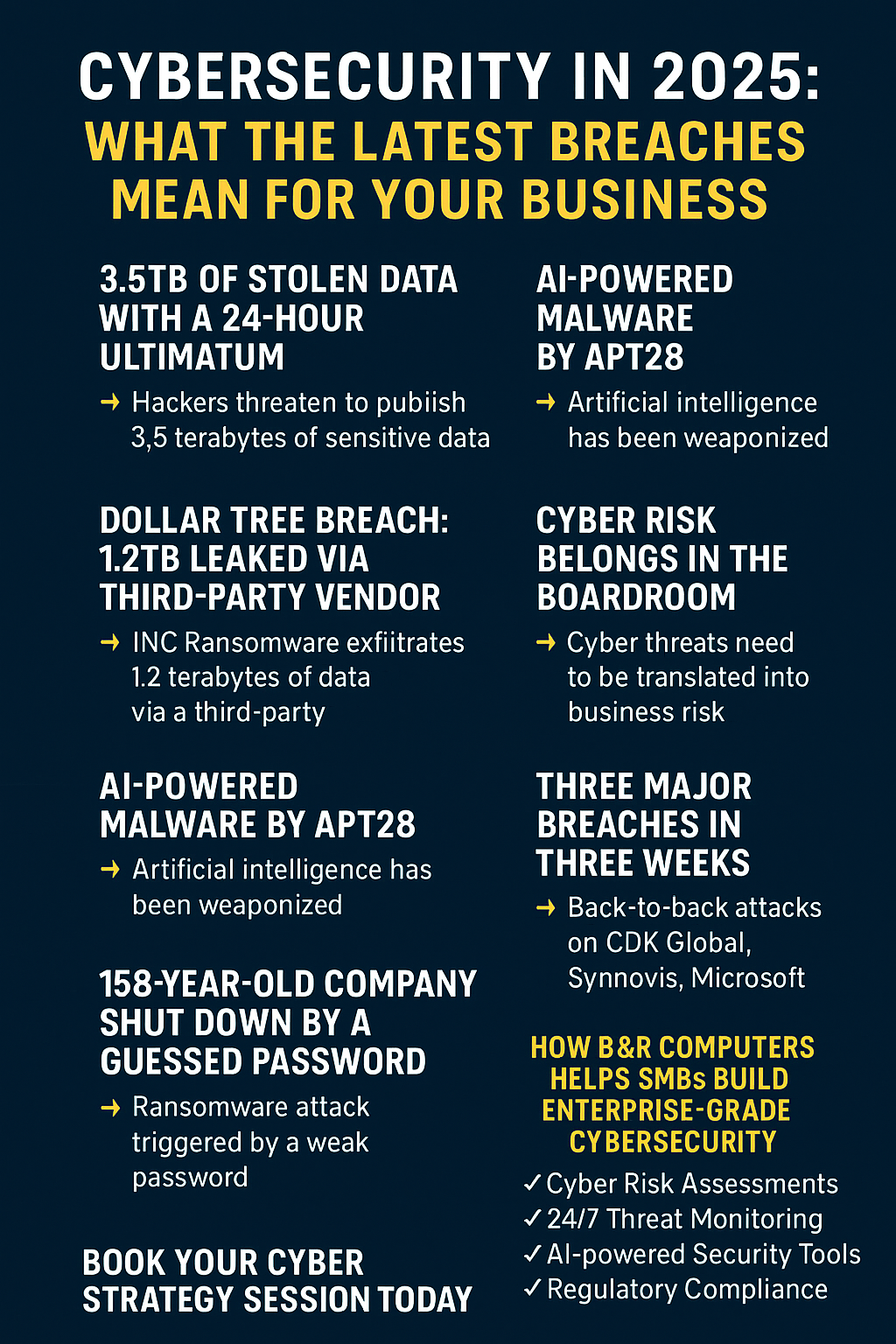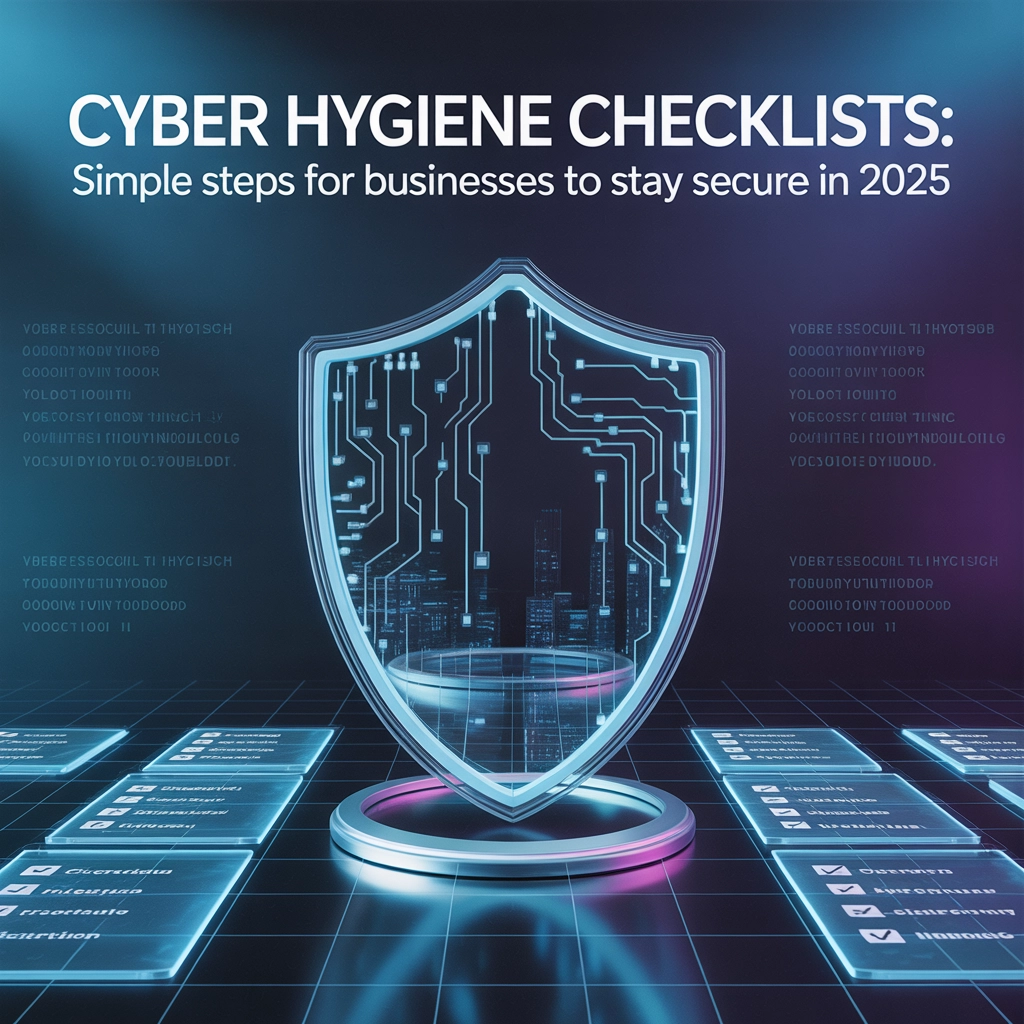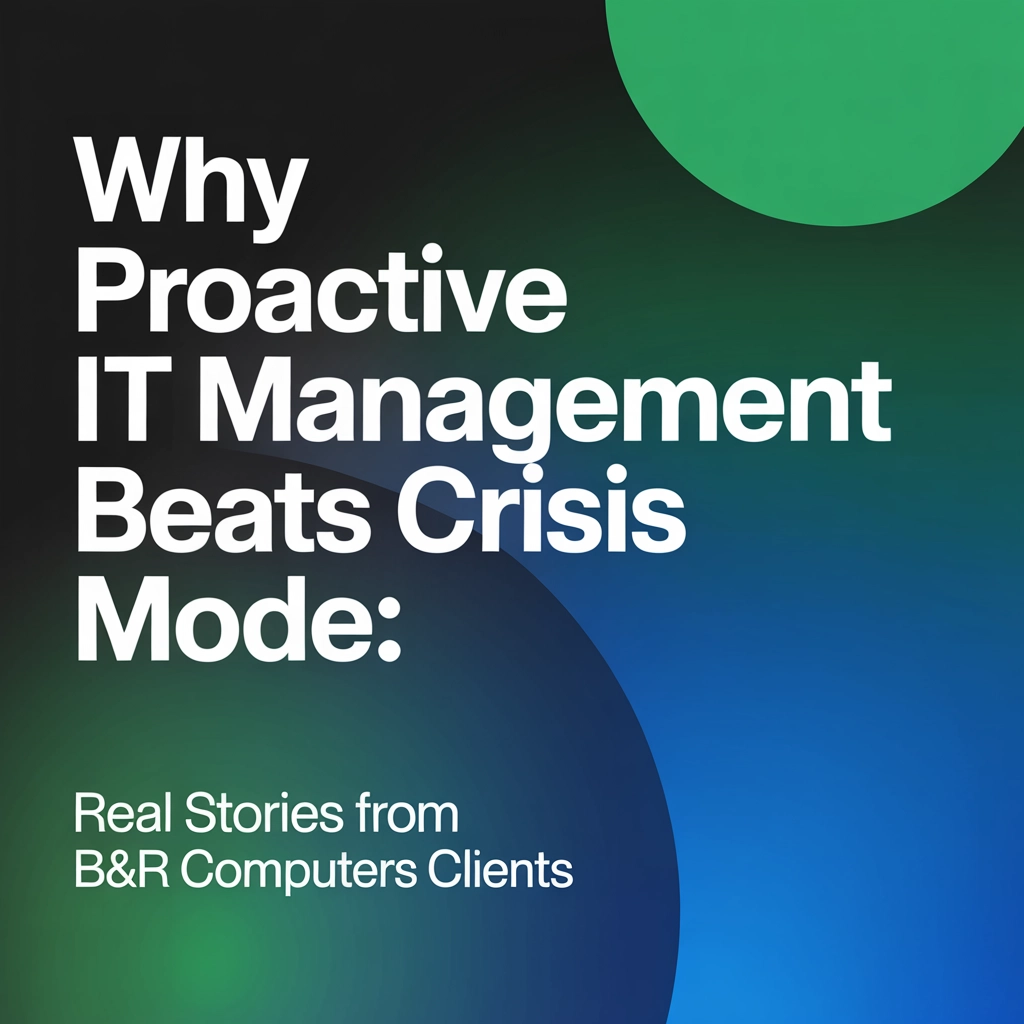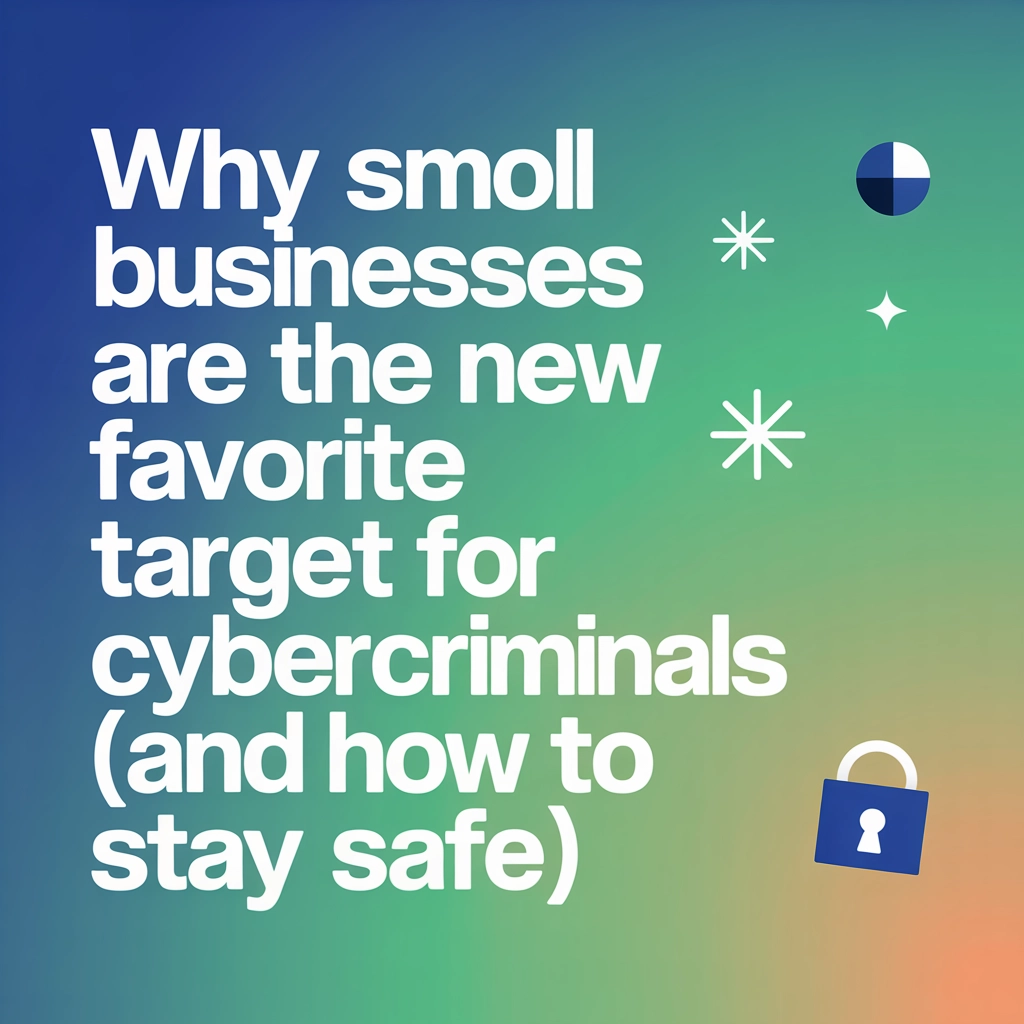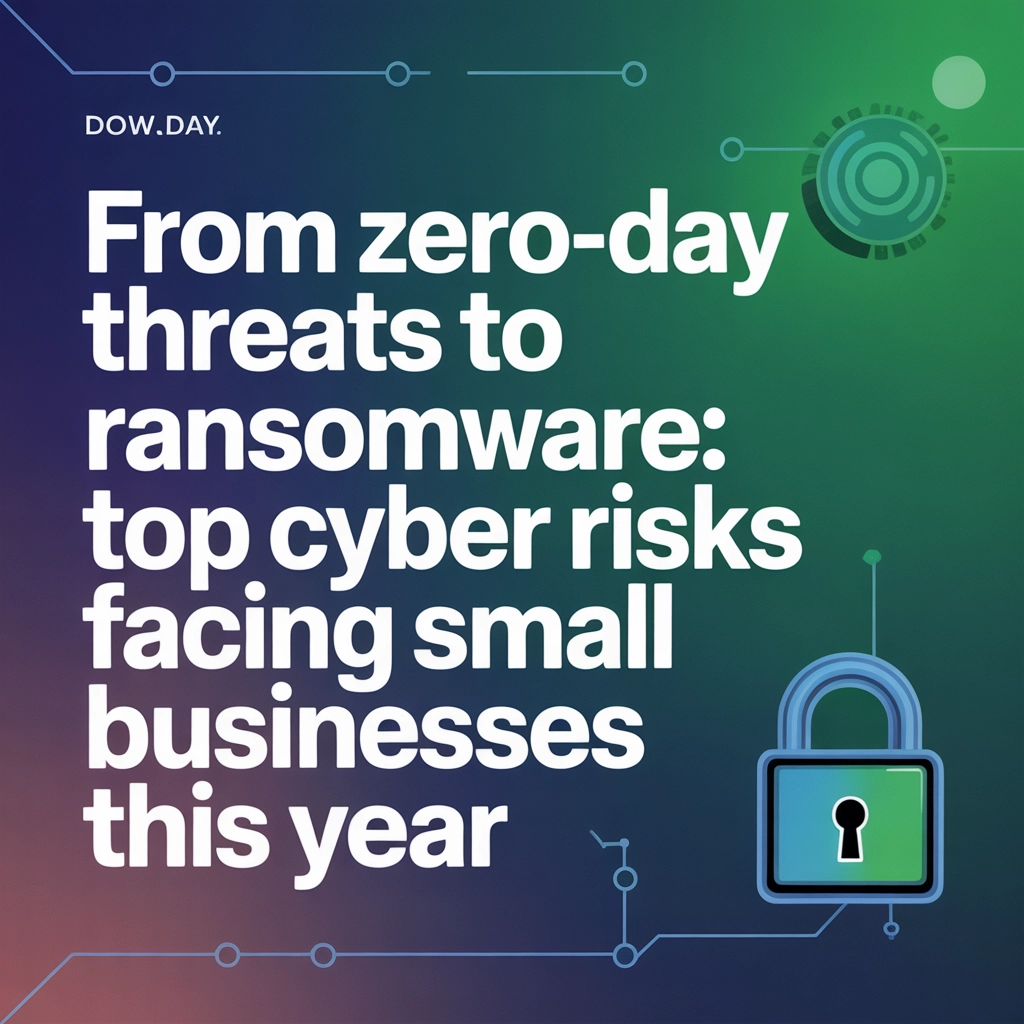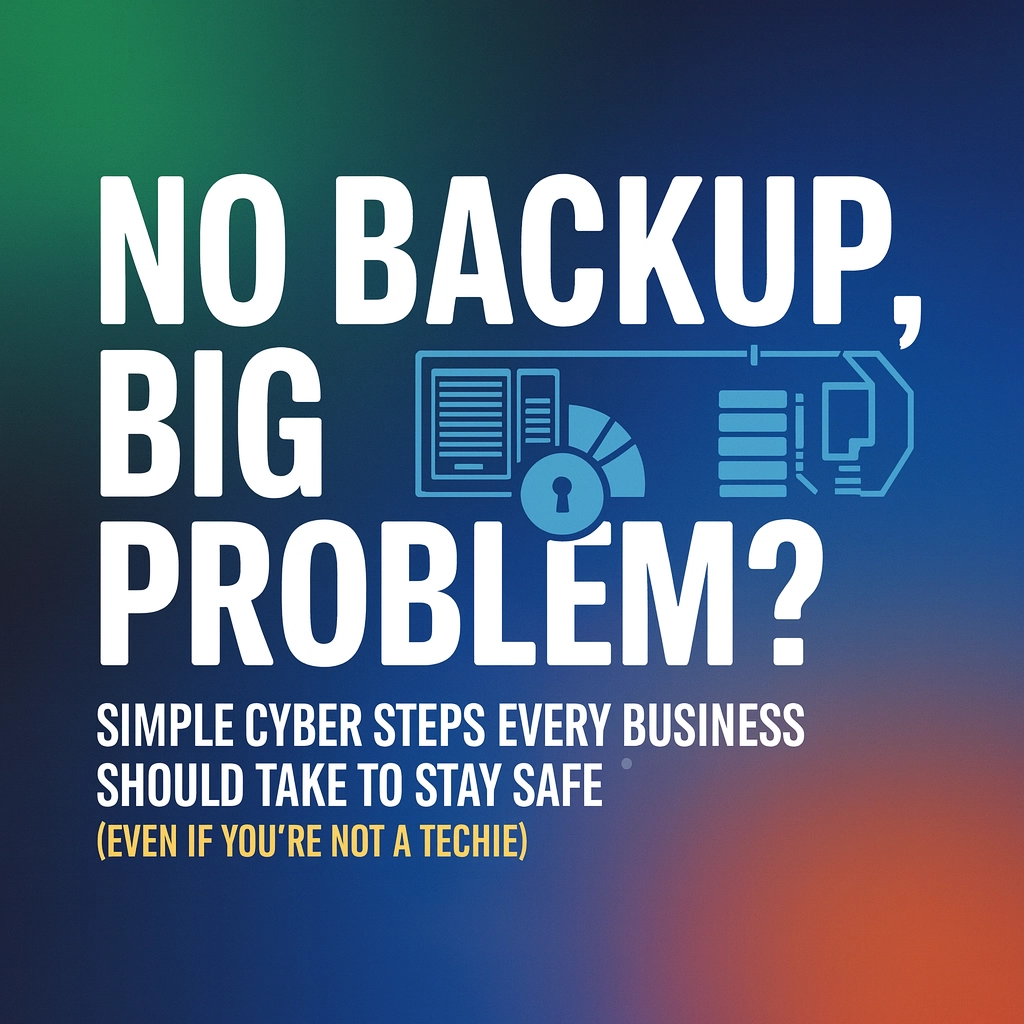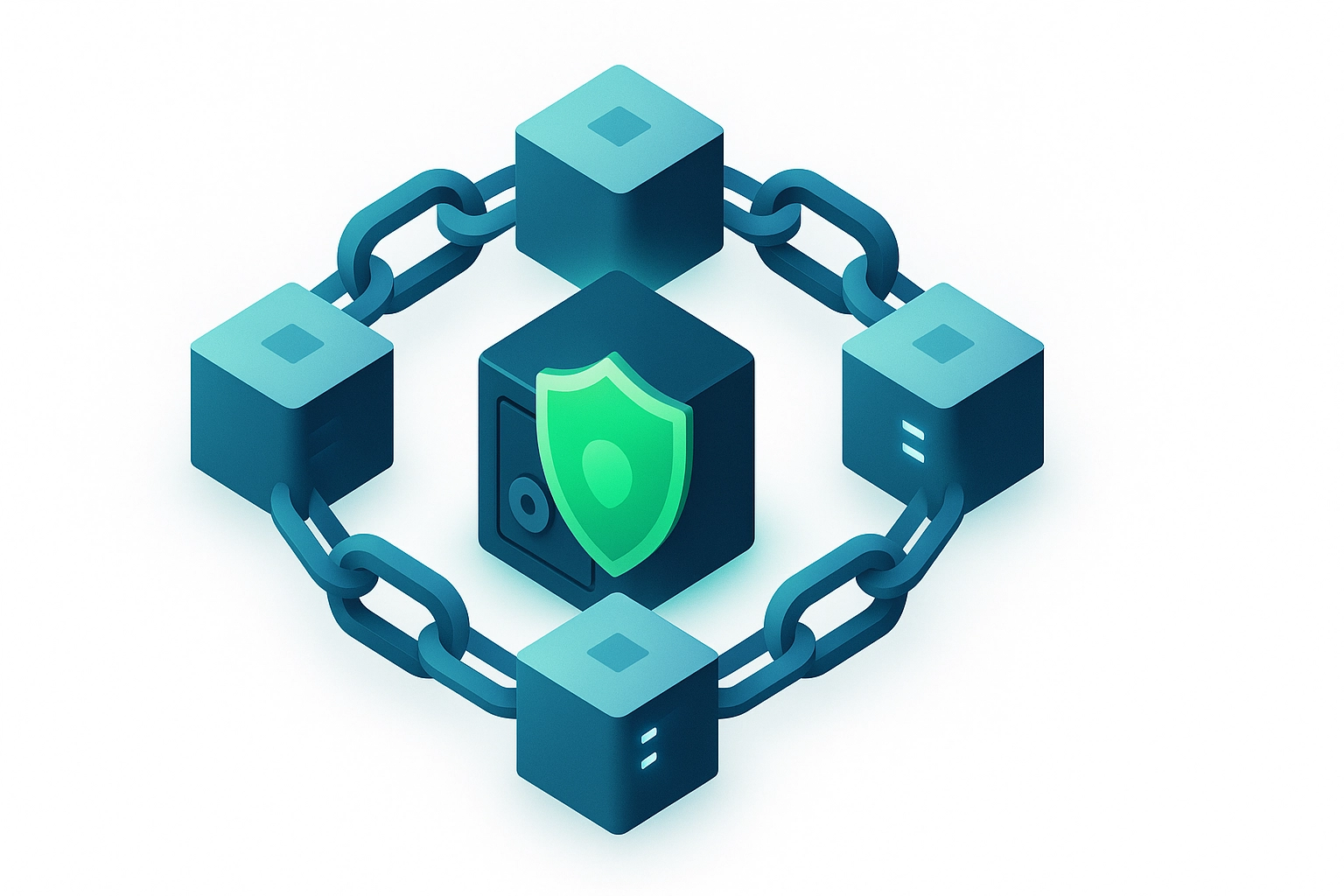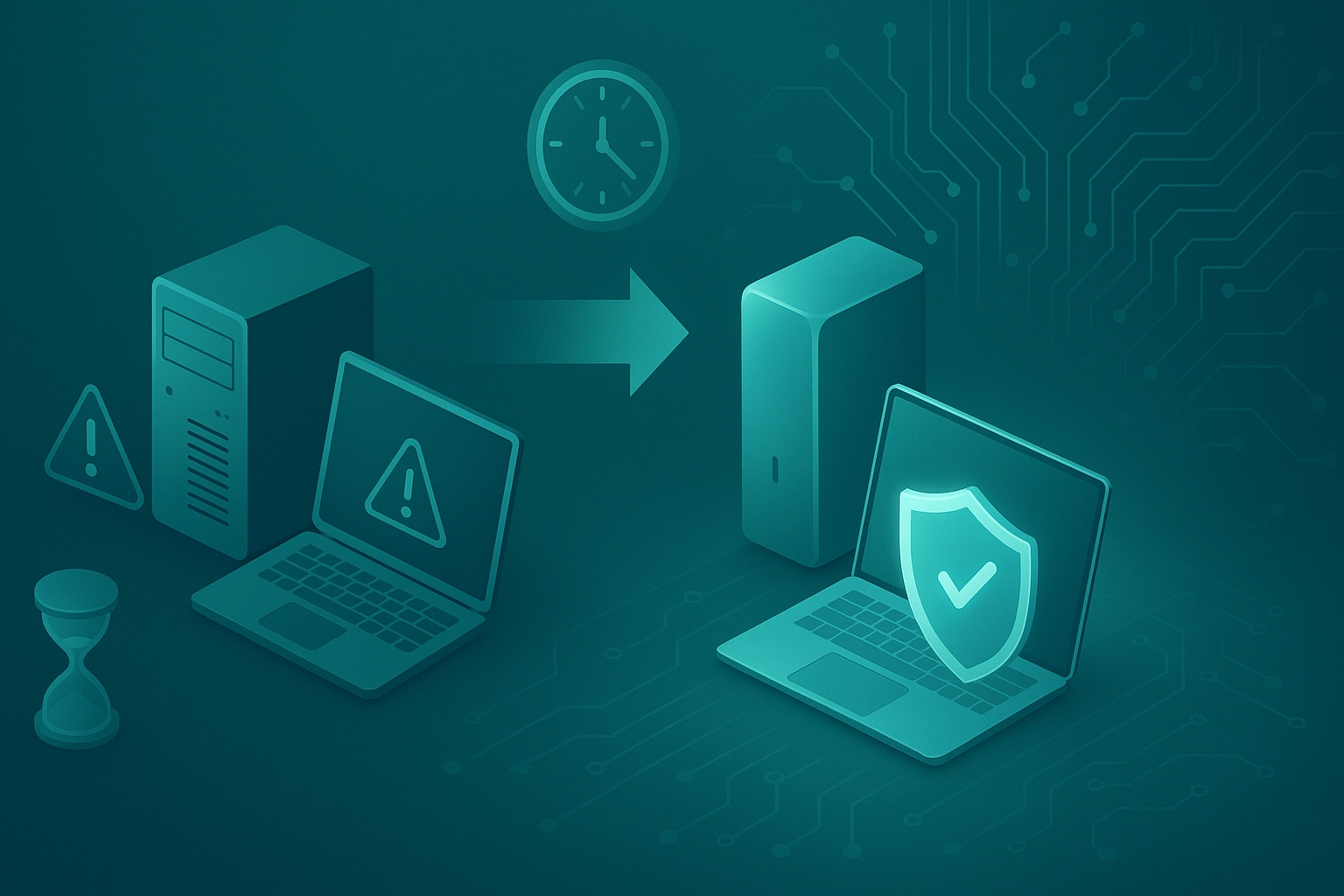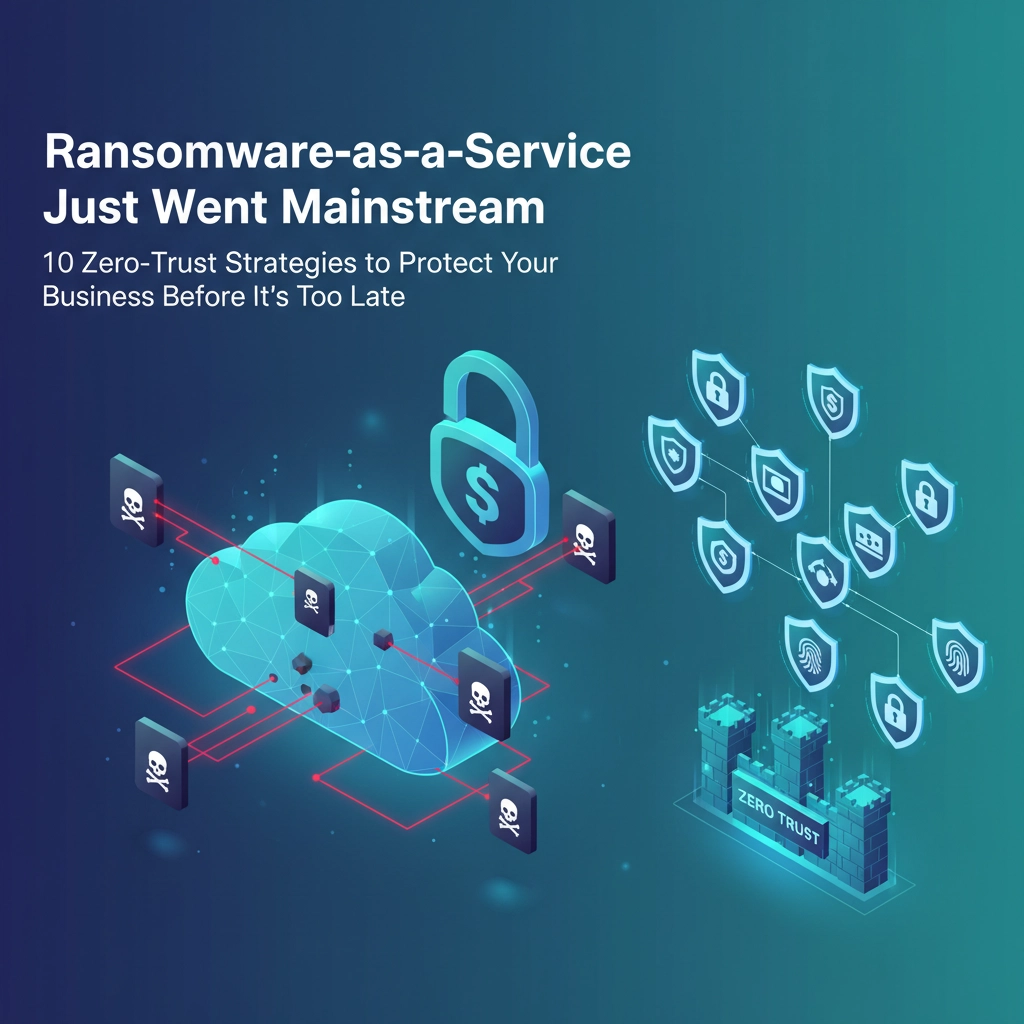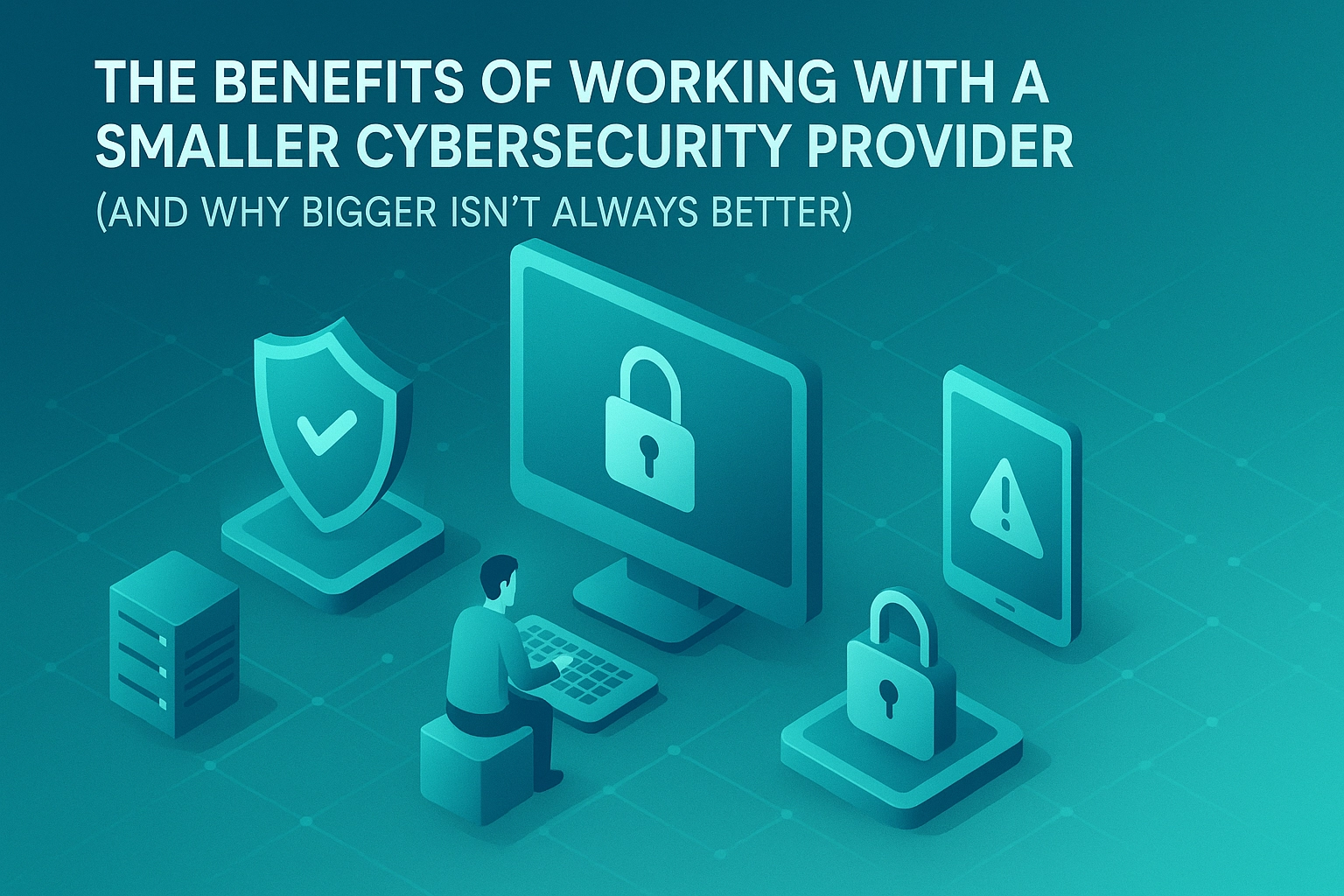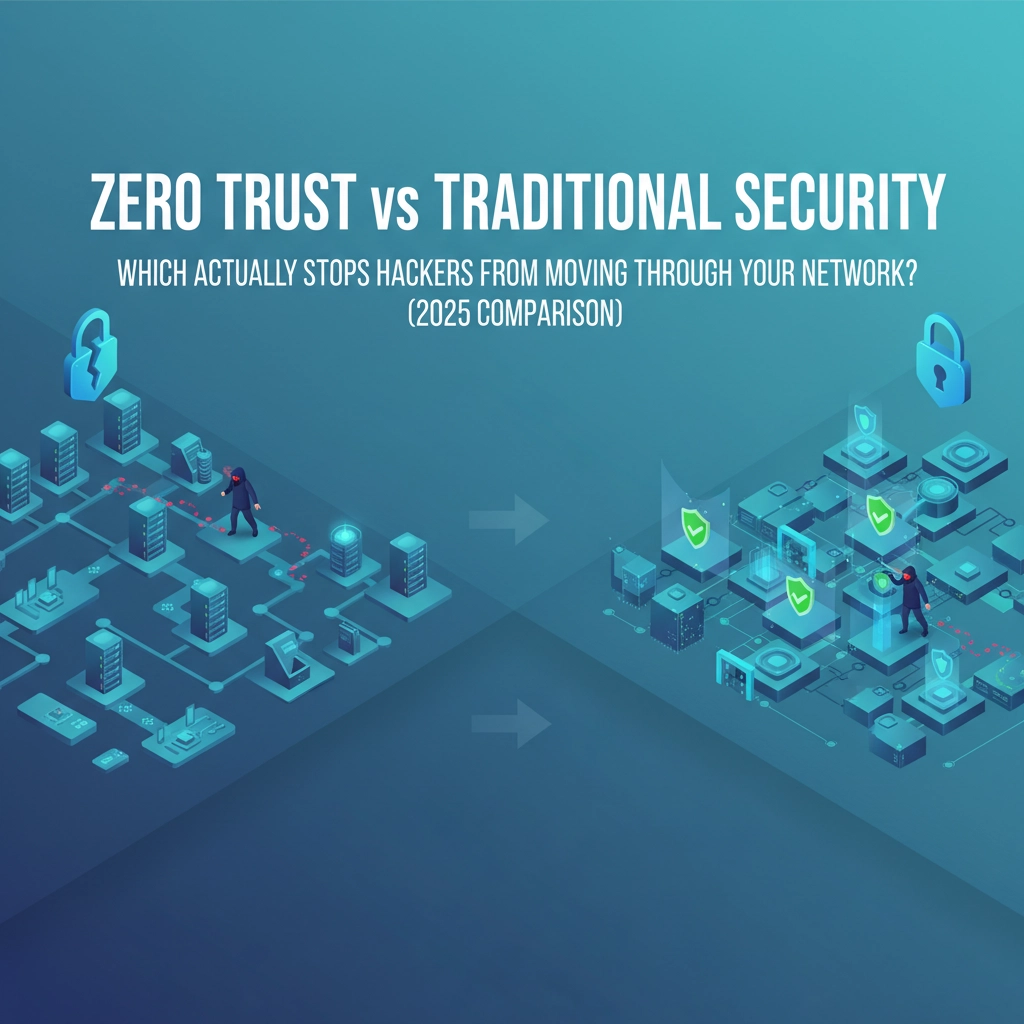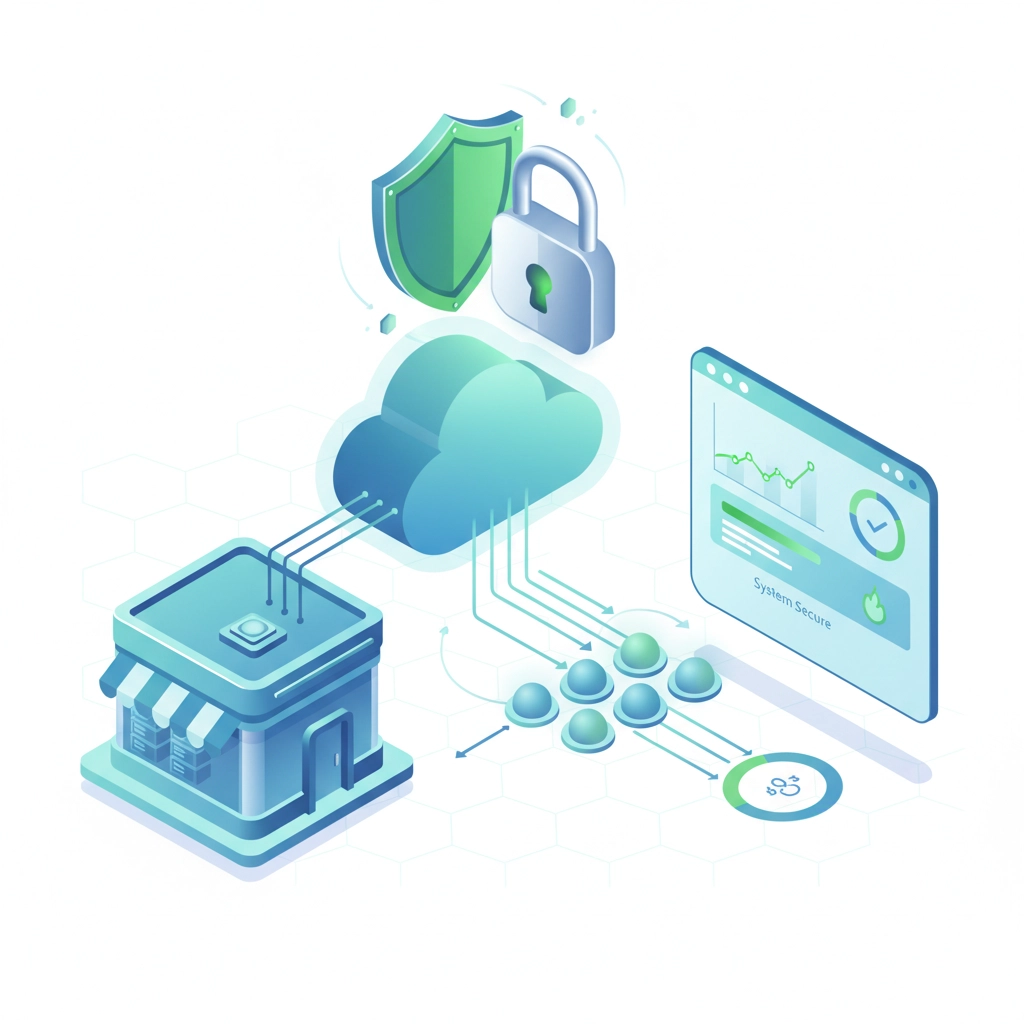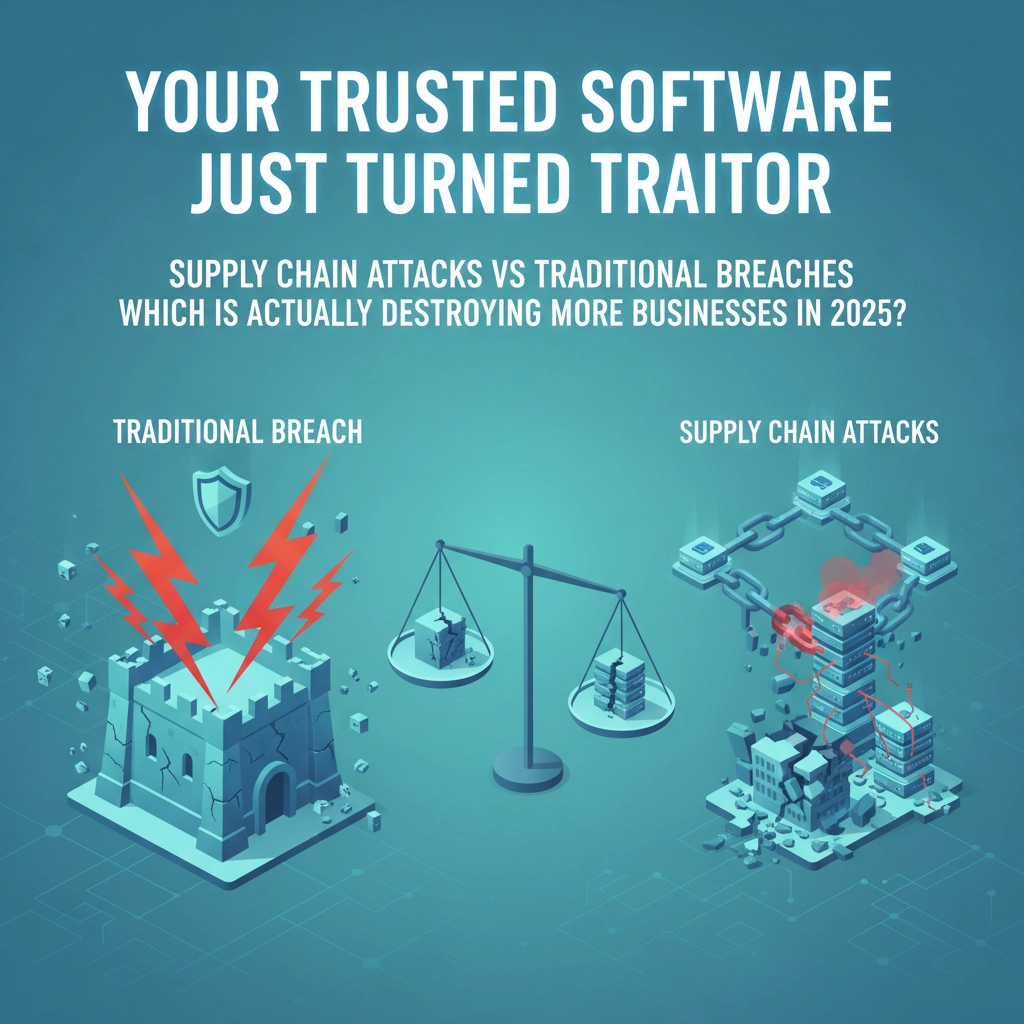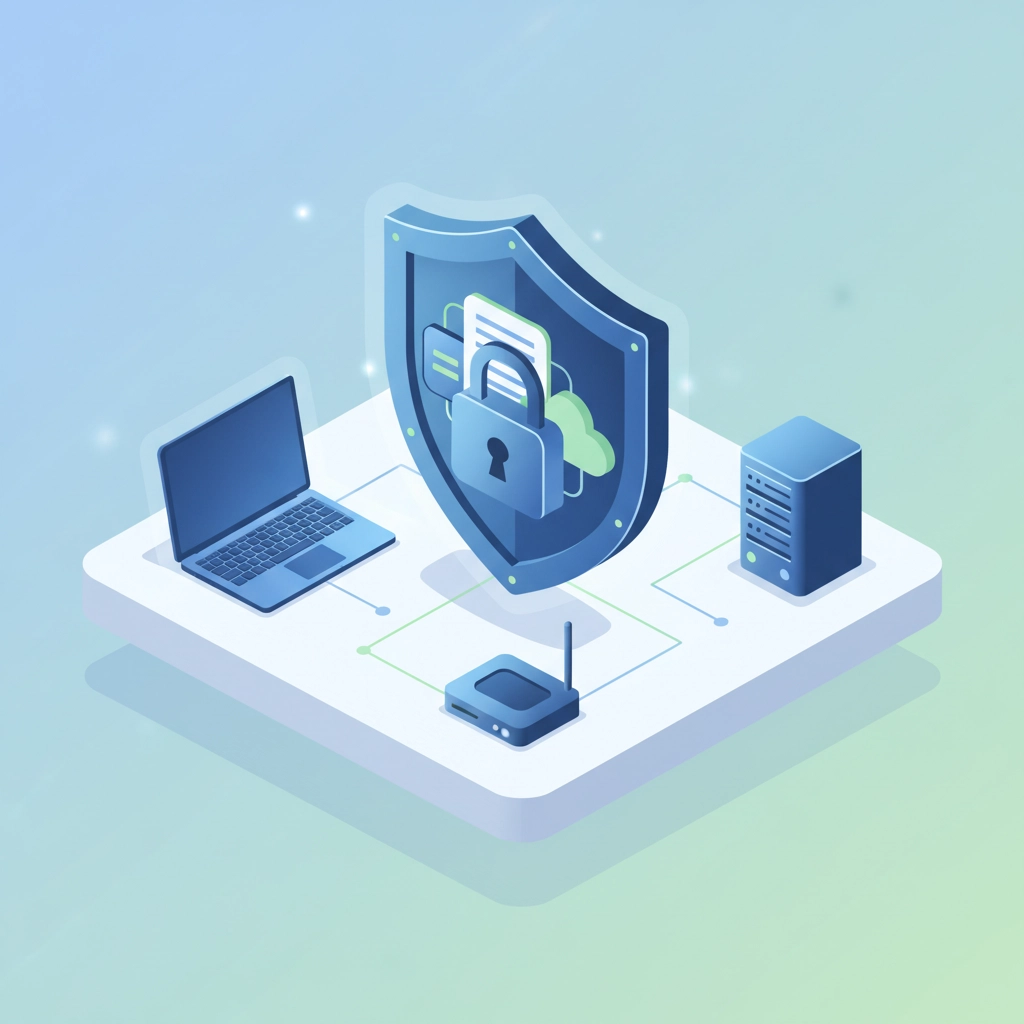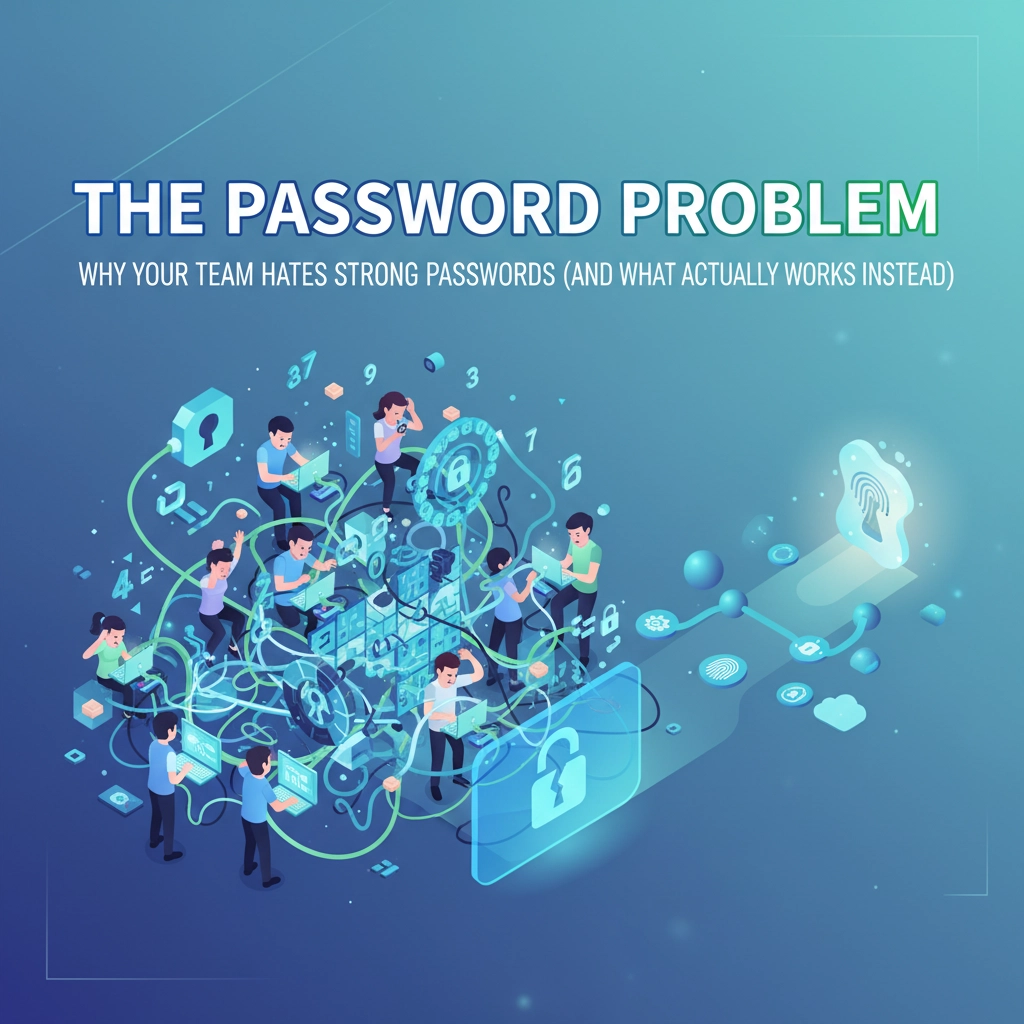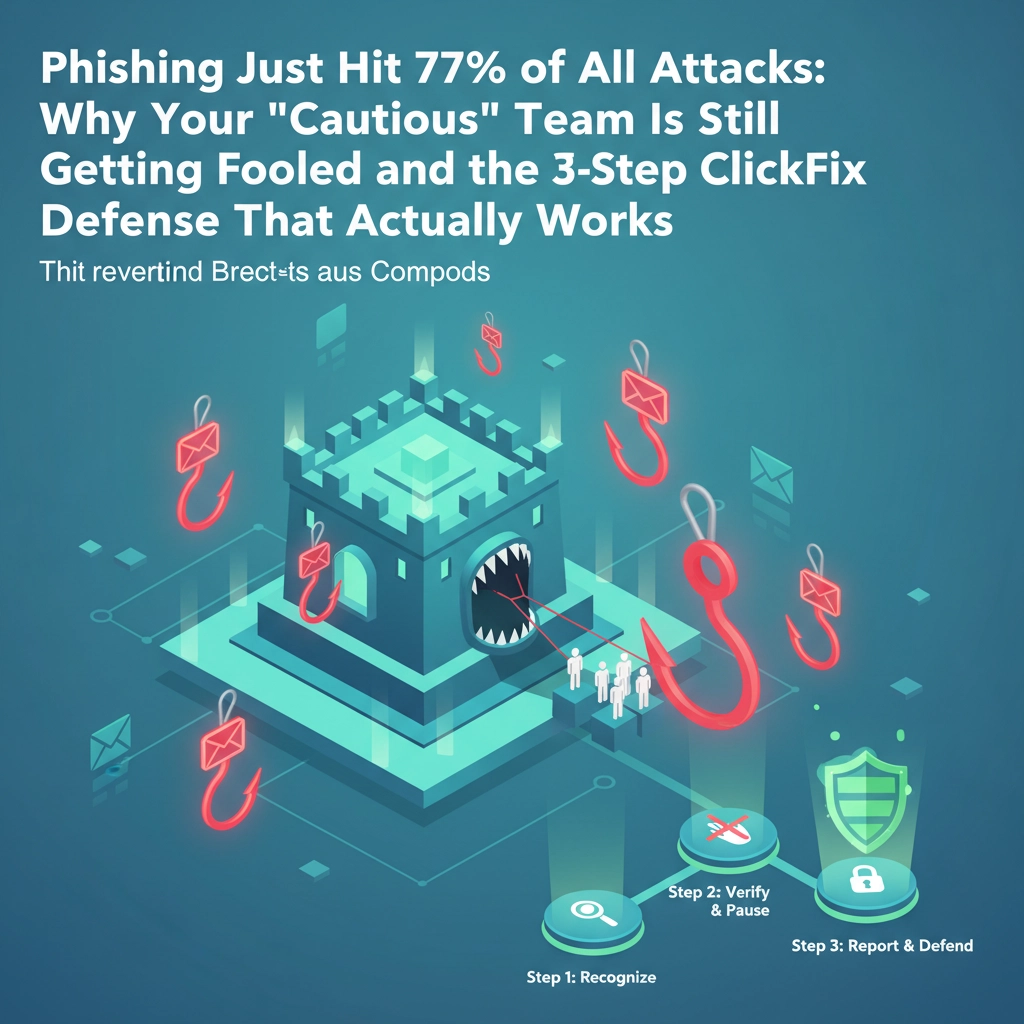Your team probably switched to WhatsApp for quick client updates. Maybe you're using Teams for meetings, Slack for internal chat, or Discord for your remote team. What seemed like innocent productivity tools just became hackers' favorite hunting grounds.
Cybercriminals have shifted their focus from email attacks to the platforms where your team actually communicates. They're not just sending phishing emails anymore: they're hijacking your trusted communication channels, impersonating colleagues, and stealing data right from your daily conversations.
Here's the reality: while you're worried about traditional cyber threats, hackers are already inside your chat rooms, listening to your strategy calls, and collecting customer data from platforms you never thought twice about securing.
Let's break down the 7 most targeted platforms and the simple fixes that'll keep your business protected.
1. WhatsApp Business: The GDPR Nightmare
WhatsApp Business might feel professional, but it's a compliance disaster waiting to happen. Recent discoveries of a zero-click vulnerability (CVE-2025-55177) let attackers compromise accounts without any user interaction. Worse yet, there's no separation between personal and professional contacts, meaning customer data mixes with your personal address book.

The vulnerability: Hackers can intercept communication between WhatsApp and servers on compromised Wi-Fi networks. Even with end-to-end encryption, they can collect metadata, perform session fingerprinting, and track communication patterns.
The fix: Enable encrypted backups immediately and disable Meta AI integration in Advanced Chat Privacy settings. Better yet, migrate sensitive business communications to enterprise-grade platforms with proper audit trails and compliance frameworks.
2. Microsoft Teams: The Trusted Platform Trap
Teams feels bulletproof because it's Microsoft, right? Wrong. Hackers are exploiting Teams' integration with other Microsoft services to perform lateral movements through your entire Microsoft ecosystem. Once they compromise one Teams account, they can access SharePoint, OneDrive, and email systems.
The vulnerability: Malicious Teams apps are being uploaded to the Microsoft Store, disguising themselves as productivity tools while stealing authentication tokens. These apps request excessive permissions that users blindly approve.
The fix: Review and restrict third-party app installations in your Teams admin center. Enable Multi-Factor Authentication for all users and regularly audit app permissions. Set up conditional access policies that require device compliance before accessing Teams.
3. Slack: The Open Door Policy
Slack's convenience is also its weakness. Public channels, guest access, and file sharing create multiple attack vectors. Hackers are joining Slack workspaces as fake employees or contractors, then lurking in channels to collect sensitive information over time.
The vulnerability: Slack's search functionality lets attackers quickly find sensitive data once they gain access. Additionally, poorly configured workspace settings allow unlimited file uploads and external sharing.
The fix: Audit your workspace members monthly and remove inactive accounts immediately. Restrict file sharing to approved domains only, enable two-factor authentication for all users, and set up data loss prevention policies for sensitive information.
4. Discord: The Unexpected Business Risk
Discord started as a gaming platform but many businesses now use it for team communication. The problem? It wasn't built with business security in mind. Hackers are creating fake Discord servers that mimic legitimate business channels to steal credentials and distribute malware.
The vulnerability: Discord's voice and video features can be exploited for social engineering attacks. Attackers impersonate team members in voice calls, requesting access to systems or sensitive information.
The fix: If you must use Discord for business, create a dedicated server with strict member verification. Disable direct messages between team members and external users. Regularly review server permissions and remove unused bots or integrations.

5. Telegram: The False Security Blanket
Telegram markets itself as ultra-secure, but most chats aren't end-to-end encrypted by default. Business teams using Telegram often share sensitive documents, customer lists, and financial information in regular chats that can be intercepted.
The vulnerability: Telegram's cloud-based storage means messages are stored on servers and can be accessed if accounts are compromised. Bot integrations can also be exploited to harvest data from group chats.
The fix: Only use Secret Chats for sensitive business discussions (and understand that group chats can't be secret). Disable automatic media downloads, review bot permissions regularly, and never share customer data or passwords in Telegram channels.
6. Zoom: Beyond Zoombombing
While everyone focused on Zoombombing, real security threats evolved. Hackers now target Zoom through credential stuffing attacks, compromising accounts to access recorded meetings containing sensitive business discussions. They're also exploiting Zoom's integration features to access connected systems.
The vulnerability: Many businesses store Zoom recordings in the cloud without proper access controls. Hackers who compromise accounts can access months of recorded strategy meetings, client calls, and internal discussions.
The fix: Require passwords for all meetings, enable waiting rooms by default, and restrict screen sharing to hosts only. Most importantly, regularly audit who has access to cloud recordings and implement automatic deletion policies for sensitive meetings.
7. Google Workspace: The Productivity Predator
Gmail and Google Chat seem safe, but hackers are exploiting Google's extensive app ecosystem. Malicious third-party apps request access to Gmail and Drive, then harvest business communications and documents while appearing legitimate.
The vulnerability: Google's OAuth system allows apps to request broad permissions that users approve without understanding the implications. Once approved, these apps can read emails, access files, and monitor communications indefinitely.
The fix: Conduct a Google Apps audit immediately: you'll be shocked by what has access to your data. Revoke permissions for unused apps, implement Google Workspace security controls, and require admin approval for all new app installations.

Your 3-Phase Action Plan
Phase 1: Immediate Lockdown (This Week)
- Update all communication platforms to latest versions
- Enable two-factor authentication on every platform
- Audit user lists and remove inactive accounts
- Review and revoke suspicious app permissions
Phase 2: Security Hardening (Next 30 Days)
- Implement platform-specific security controls mentioned above
- Create data handling policies for each communication channel
- Set up monitoring and logging for suspicious activities
- Train your team on platform-specific security best practices
Phase 3: Long-Term Protection (Ongoing)
- Conduct monthly security audits of all communication platforms
- Regularly review and update access permissions
- Monitor for new vulnerabilities in platforms you use
- Consider migrating to enterprise-grade alternatives for sensitive communications
The Bottom Line
Your communication platforms aren't just productivity tools: they're business-critical infrastructure that needs the same security attention as your network and servers. Hackers know you're more likely to click a link from a "colleague" in Slack than from a stranger in email.
The good news? Most of these vulnerabilities have straightforward fixes that don't require a computer science degree. The bad news? Every day you delay gives attackers more time to establish themselves in your communication channels.
Don't let convenient communication tools become convenient attack vectors. Your business conversations, customer data, and competitive information are too valuable to leave unprotected.
Ready to secure your communication platforms before hackers find their way in? Contact B&R Computers for a comprehensive security review of all your business platforms. We'll identify vulnerabilities you didn't know existed and implement protections that actually work: without disrupting how your team communicates.
Get your platform security audit today and sleep better knowing your business conversations stay private.





